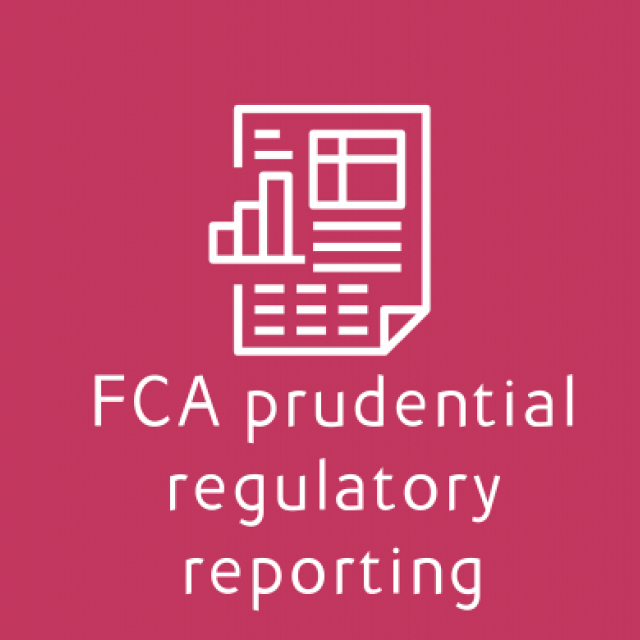



With heightened uncertainty and several market shocks in 2023, many firms have been experiencing unprecedented challenges in raising and maintaining assets. Most firms have responded to this by cost-cutting and consolidating while evaluating new opportunities in the environment. This can sometimes shake the pillars of governance, culture and internal control environment within firms and, in fact, can make regulatory compliance tougher than before.
The areas of focus that the FCA has discussed within the letter are consistent with the previous multi-year plan and provide clarity on their areas of regulatory focus for the year ahead.
Through this insight, we aim to summarise the letter for you so your Board can address the relevant points efficiently.
Operational disruption at firms has been one of the major concerns for regulators. In 2023, the FCA engaged with several firms to assess their preparedness for complying with Policy Statement 21/3 Building operational resilience.
Various gaps were noted in firms’ mapping of impact tolerances, risk identification and testing. With continued work on this, as well as further proactive engagement throughout 2024, the FCA expects ‘in-scope’ firms to be able to demonstrate that they remain within impact tolerances for each important business service this year. The deadline for implementation remains 31 March 2025, with plenty of work for the boards of firms to do.
Higher interest rates and a tighter credit environment have contributed the most significant pressure on the valuations of some assets. The FCA notes that a higher proportion of fund assets globally are now held in private assets where valuation practices are not as transparent as those for publicly traded assets. It is, therefore, vital that investors can trust that valuations are robust and reliable. This directly links to the FCA’s initiatives on liquidity management, and we will see further updates from the FCA relating to examining valuation practices for private assets. This includes examining the personal accountabilities for valuation practices in firms, governance of valuation committees, the information reported to boards about valuations and the oversight by relevant boards of those practices.
Diagnosing and addressing ‘harm’ is one of the key elements of an effective risk management framework. The FCA’s clear message is - ‘We expect to see robust risk management practices that address these issues and that appropriately account for potential market impact.’
This is particularly important when firms have large concentrated positions in markets, highly leveraged positions, and during periods of stressed conditions. Focussed reviews from the FCA will continue in 2024, with more emphasis on assessment of these through firms’ ICARA process.
The multi-firm review of AFMs’ assessment of value (AoV) confirmed that progress has been made in implementing improved practices. However, the FCA will continue to engage with those firms with significant AoV deficiencies, using their regulatory tools as appropriate. Further, from 31 July 2024, the Consumer Duty will also apply to closed products and services. Firms should have started the necessary work to prepare for this deadline and have a clear roadmap to comply with the Duty.
Whilst technological and digital innovation occurring across the world offers opportunities to positively transform business models and improve outcomes; firms need to consider how technological innovation can be safely and effectively implemented in the sector so that potential benefits are realised whilst risks are managed.
The FCA has several regulatory enhancements planned this year for the asset management and alternatives sectors, including:
DP23/2 Updating and improving the UK’s asset management regime will bring into force some key changes to the sector. Generally speaking, the following are the objectives:
Throughout 2024, the FCA will advance their agenda to ‘lift and drop’ significant parts of existing regulations. Therefore, you should take the opportunity to make changes to progress the three main priorities for reform identified through feedback: making the regime for alternative fund managers more proportionate, updating the regime for retail funds and supporting technological innovation.
The expectation will remain that the Board and Executive Committee are aware and have considered the impact of all regulatory matters and adopt strategies for effective implementation. As CEO, you're responsible for ensuring that your firm meets FCA requirements, including the above-mentioned obligations and expectations. You should take all necessary actions to ensure these are met and reinforce accountabilities with your senior managers regarding these risks.
To speak to one of our regulatory experts fill out the form below, and we'll be in touch shortly.

 1
1

 FCA Regulated Businesses
2
FCA Regulated Businesses
2

 Financial modelling
3
Financial modelling
3
 12 December 2023
12 December 2023 16 September 2023
16 September 2023
 Contact us
6
Contact us
6